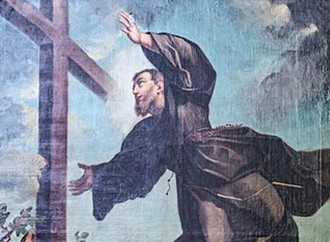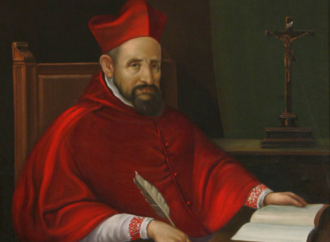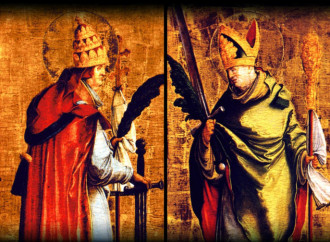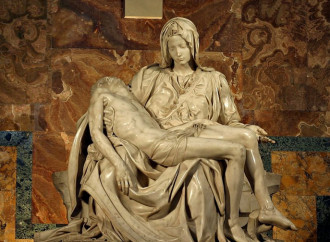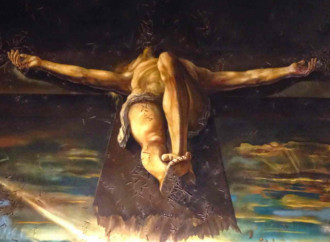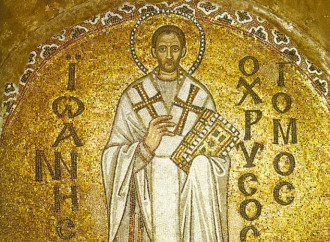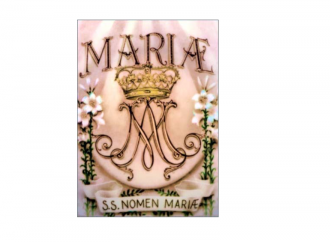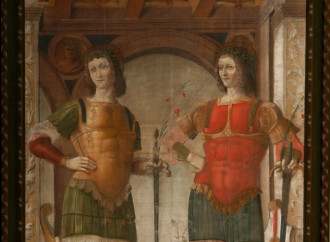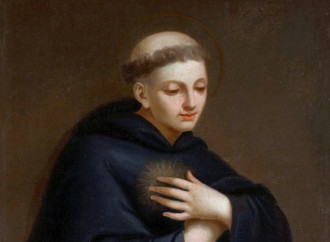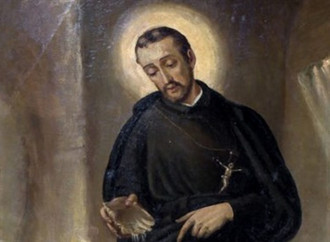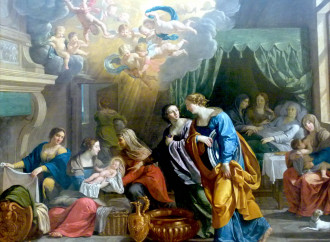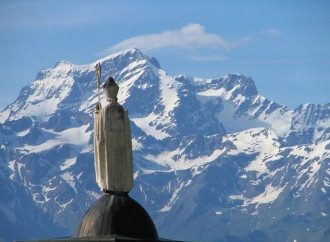Saint Joseph of Cupertino
Even more than for his infused science, he became known for his levitations, which he would have liked to conceal.
Saint Robert Bellarmine
He was one of the most erudite men of his time, a strenuous defender of Catholic orthodoxy after the divisions caused by the Protestant Reformation
Saints Cornelius and Cyprian
The Church commemorates the martyred saints Cornelius (c. 180-253) and Cyprian (210-258) on the same day, as their lives were intertwined during a critical period for Christianity
Our Lady of Sorrows
Devotion to Our Lady of Sorrows gained particular impetus in the late Middle Ages
Exaltation of the Holy Cross
From the East, where it is celebrated with a solemnity equal to Easter, the feast of the Exaltation of the Holy Cross arrived in the West and in particular in Rome, where it is attested before the end of the 7th century.
Saint John Chrysostom
“The Blood of Christ renews in us the image of our King, produces an unspeakable beauty and does not allow the nobility of our souls to be destroyed, but continually irrigates and nourishes it”. This is how St John Chrysostom (c. 347-407), one of the great Greek-speaking Fathers who was proclaimed Doctor of the Church, spoke of the Eucharistic mystery
Most Holy Name of Mary
In the light of faith, it seems that Divine Providence wished to make elusive the exact meaning of the name of its supreme creature - chosen from all eternity to become the Mother of God - and that the many meanings are accompanied by many graces.
Saints Protus and Hyacinth
They suffered martyrdom presumably during the persecutions of Valerian (257-260) or at the latest during the Great Persecution of Diocletian (303-305)
Saint Nicholas of Tolentino
He is famous for his gifts as a thaumaturge and particularly invoked for the liberation of souls in Purgatory.
Saint Peter Claver
The area in which he carried out his mission was present-day Colombia at the time of the slave trade. He faced this phenomenon with true Christian charity...
Nativity of the Blessed Virgin Mary
Today's feast celebrates the mystery of the birth of Mary Most Holy, Mother of the Saviour.
Saint Gratus of Aosta
He was the second bishop of the capital city of the Valle d’Aosta. He succeeded Eustasius
